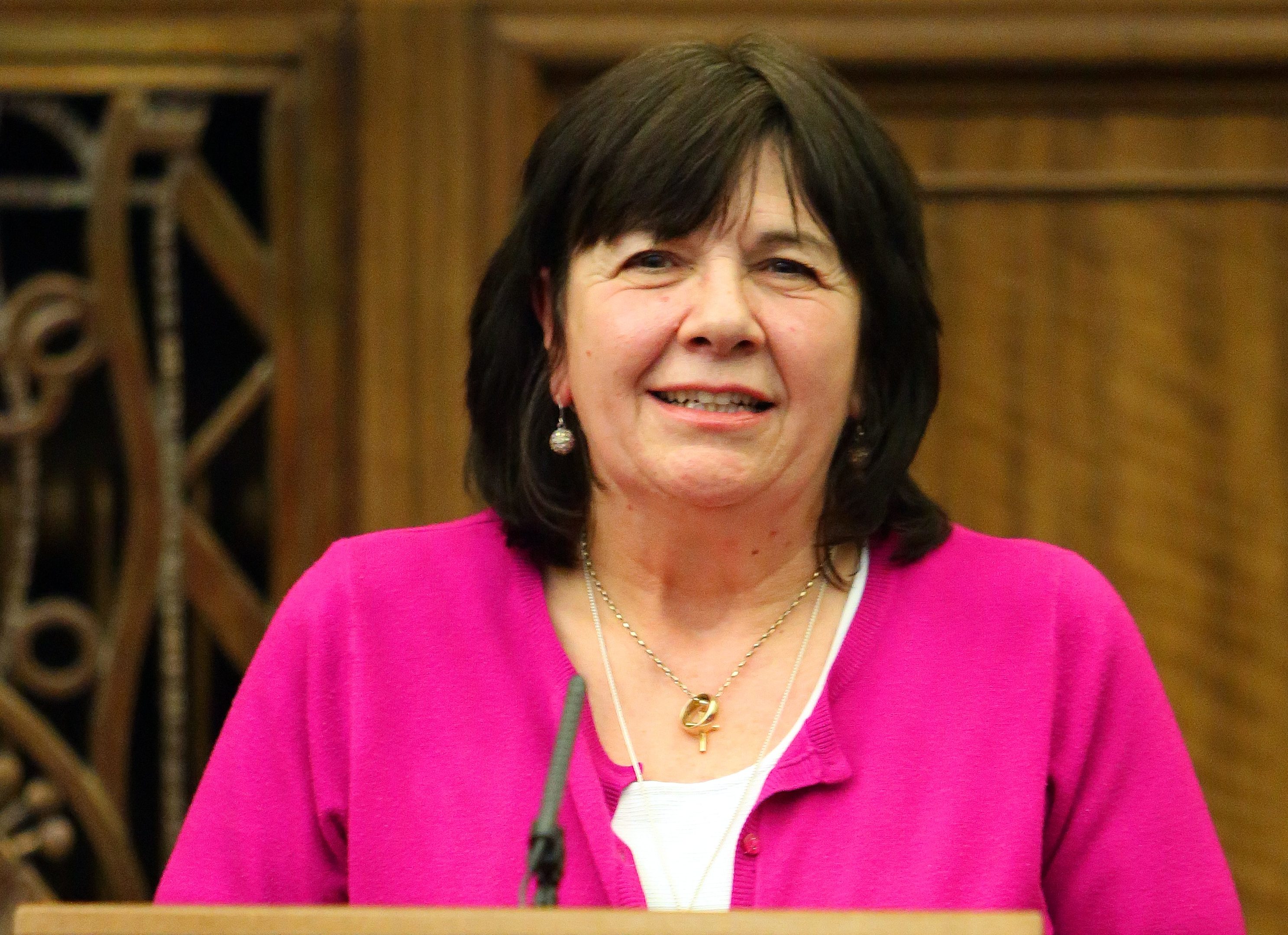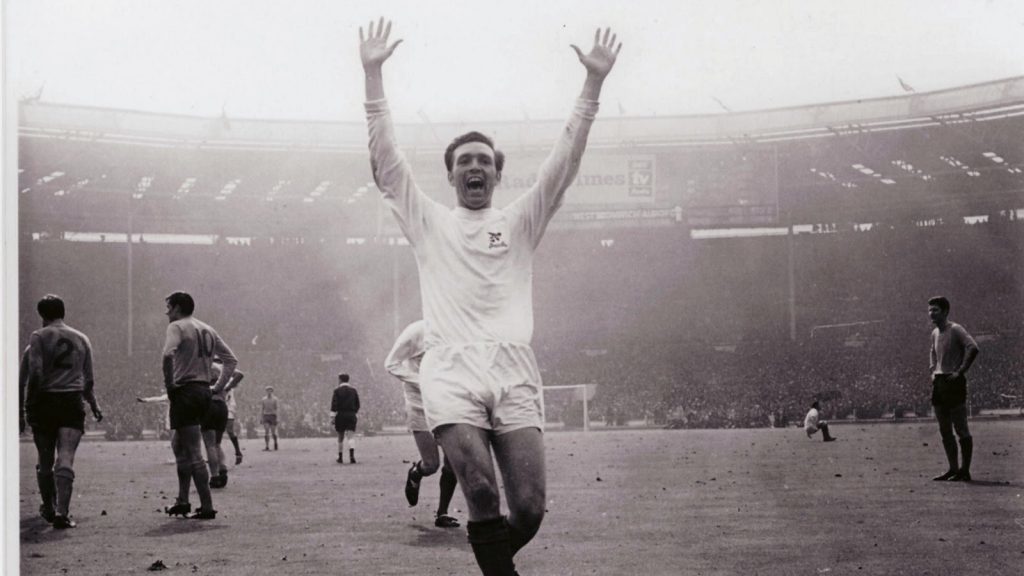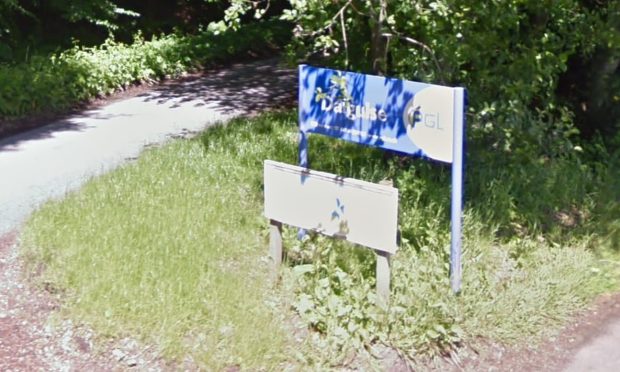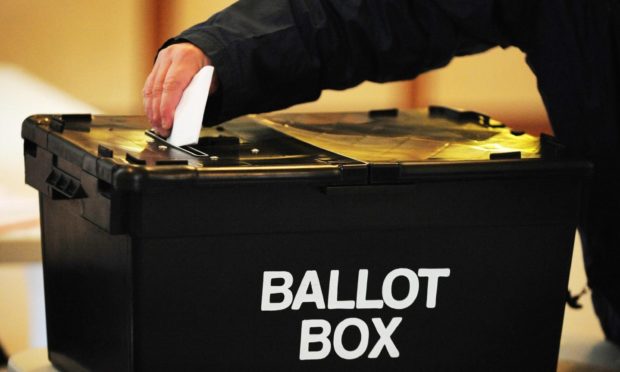Amanda Kopel is to ask the SFA whether a percentage of Scottish footballers’ wages could fund dementia care for ex-players.
Mrs Kopel, from Kirriemuir, who is campaigning for Frank’s Law in memory of her late husband, was speaking after former England international Jeff Astle’s daughter Dawn said 1% of English Premier League wages should go towards such a cause.
The Jeff Astle Foundation’s ultimate goal is to establish a care home for former sports people with dementia or chronic neurological impairment, who are often younger at diagnosis and require specialist care.
Mr Astle, who played for Notts County, West Brom and England, was the first British professional footballer confirmed to have died from chronic traumatic encephalopathy (CTE).
A coroner ruled Mr Astle died from dementia brought on by repeatedly heading a football which had caused trauma similar to that of a boxer’s punches.
“I am going to be meeting Stewart Regan from the SFA and will certainly be discussing this subject,” said Mrs Kopel.
“Of course I realise that the PFA in England have much more funding to help the ex-players of their organisation but I’m sure the SFA could follow suit.
“I know from past experience when Frankie had to go into respite for a few days that he was the youngest male in the place as all the other people were much older.
“Of course there was no real understanding of a younger person with dementia as everything was geared up for older people with the disease.”
Mrs Kopel is in the process of setting up the Frank Kopel Foundation which will raise money for vital dementia research — including the link between heading the ball and brain damage — raise awareness and offer support to former players with dementia.
She said: “The foundation won’t be on the grand scale of the Jeff Astle one but hopefully will help ex-players and their families and also go a little way to help with research for a cure for this horrible disease.
“That’s where I feel the SFA could help on both counts.
“I first mentioned the link between CTE and dementia as far back as nine years ago when Frankie was first diagnosed, but no-one really listened, possibly because Frankie wasn’t such a well known name, like some of the players now being diagnosed.
“Thank God people now are listening.
“It certainly would be great if the SFA were to come on board with the foundation and help their ex-players at a time when they so desperately need all the help they can get.”
Mrs Kopel’s husband Frank died in April 2014 having been diagnosed with dementia in 2009 aged just 59.
The family paid about £300 a week so he could have personal care in his Kirriemuir home because he did not reach the qualifying age for free services until weeks before his death.
Mrs Kopel has been urging ministers to close the loophole and The Courier is backing her bid for Frank’s Law, which is a campaign to deliver free personal care to people under-65 with debilitating illnesses, provided they are assessed as needing it.
Earlier this year new research suggested footballers who repeatedly head the ball can end up suffering from dementia, prompting calls for more investigation into a long-suspected issue in the sport.












